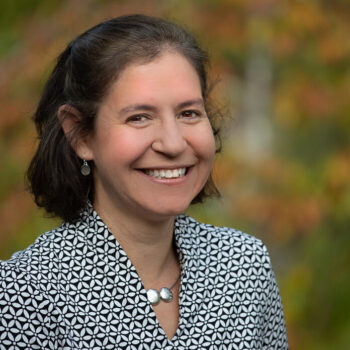“Open Access: Progress, Possibilities, and the Changing Scholarly Communications Ecosystem,”Abby Clobridge’s latest article about Open Access & scholarly publishing has been published in the March/April 2014 issue of Online/Searcher.
An excerpt from the article:
By all accounts, we’re past the tipping point with open access (OA). During the past 10 years, open access has moved from the domain of disruptive technology to an increasingly adopted approach to research dissemination. Within the publishing world, OA journals are becoming so widely accepted, even some long-established players are moving OA from the sidelines to the heart of their strategies for the future. Universities in countries around the world have passed open access policies and are incorporating OA into the way in which they capture, collect, and disseminate researcher output.
Increasing numbers of research funding organizations and national governments are pushing for public access, open access, and open data. By the numbers, open access has made great strides—a recent study conducted by Science-Metrix for the European Commission “aimed to measure the share of OA copies [of articles] available anywhere on the web, regardless of the status of the papers” (“Proportion of Open Access Peer-Reviewed Papers at the European and World Levels—2004-2011,” Eric Archambault, Didier Amyot, Philippe Descamps, Aurore Nicol, Lise Rebout, & Guillaume Roberge; science-metrix.com/pdf/SM_EC_OA_Availability _2004-2011.pdf). Their study, produced for the European Commission DG Research & Innovation, found that by the end of 2012, nearly half of all peer-reviewed, scholarly research published in 2008 was freely-available on the web in some form.
While many open access advocates continue to push for faster access, broader reuse rights, and open data in addition to peer-reviewed scholarship, in all estimations, we have indeed crossed a major milestone. Many experts, such as Lars Bjørnshauge, managing editor of the Directory of Open Access Journals (DOAJ), indicate that the global dialogue has crossed the threshold to a new stage in its evolution: Says Bjørnshauge, “We have won the discussion! Hundreds of universities, research funders and their organizations, governments, and the EU have finally realized putting research results behind paywalls doesn’t work for research, higher education, industry, innovation, wealth, health and our societies.”
Comments from Iryna Kuchma, EIFL’s open access program manager, also reflect key milestones within open access: “More and more funders [are adopting] open access policies, and this is the biggest accomplishment. The Obama administration and the U.S. Congress are developing a framework to ensure that effective policies are established to provide access to research articles and data. There are significant open access policy developments in Europe at institutional, national and international levels. The open access movement in developing and transition countries is building momentum. In the last few years, we have been heartened to see open access advocacy gaining ground with policymakers, researchers, students, and librarians, and every day, we hear reports of real change occurring on the ground.”
But even with policies springing up all over the world, a growing number of high-quality open access journals and an increasingly mature repository infrastructure, misconceptions about open access still abound. Piers Bocock, director of knowledge management and communication for the CGIAR Consortium (cgiar.org), works with agricultural researchers around the world and sees firsthand how researchers’ collective level of awareness could be raised. “Many [researchers] still think of open access publishing as a lower-quality, non-peer reviewed process. Current incentives reward publishing in high-impact journals, and the assumption is that those articles can’t be made open access without paying hefty author fees. But many in the open access world point to the fact that self-archiving [in open access repositories] is both legal and free of author fees.”
The need to raise awareness among researchers and to address misconceptions is a common challenge around the world. Helena Asamoah-Hassan, university librarian, Kwame University of Science and Technology, Ghana, has been involved in advocacy efforts to promote open access at institutional, national, regional, and international levels. Asamoah-Hassan addresses similar themes within the African context: “African researchers have the greatest opportunity to access current research information and to disseminate that research output globally when they embrace OA publishing—the challenge now is how to get a good number of them to believe that OA publishing is authoritative, authentic, and economical.”






